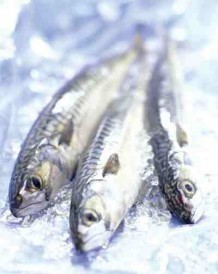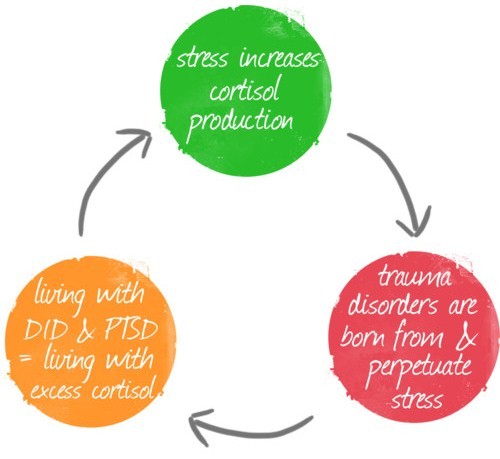
Up to 42 percent of people who take antidepressants find the medication ineffective, but a new study suggests that a simple diet change may trigger a response, Medical News Today reported.
In the research, published in the journal European Neuropsychopharmacology, scientists discovered a link between a diet rich in fatty fish and reported efficacy of selective serotonin reuptake inhibitor (SSRI) antidepressants.
“We were looking for biological alterations that could explain depression and antidepressant non-response, so we combined two apparently unrelated measures: metabolism of fatty acids and stress hormone regulation,” lead researcher Roel Mocking said. “Interestingly, we saw that depressed patients had an altered metabolism of fatty acids, and that this changed metabolism was regulated in a different way by stress hormones.”
Up to half of patients who suffer from Major Depressive Disorder (MDD) do not respond to treatment with antidepressant drugs known as SSRIs (Selective Serotonin Reuptake Inhibitors).
The researchers were looking at the relationship between depression and fatty acids, and various hormones, including the stress hormone cortisol. They took 70 patients with depression and compared them to 51 healthy controls, by measuring their fatty acid levels and cortisol levels.
They then gave the depressed patients 20mg of an SSRI daily for 6 weeks, and in those who did not respond to the SSRIs the dose was gradually increased up to 50mg/day. Fatty acid and cortisol levels were measured during the trial.
A 75% better response rate
Fatty fish is rich in fatty acids, such as the well-known Omega-3 DHA. So the researchers looked at the amount of fatty fish in the diets of all involved in the trial. Those who took the least fish …
“Importantly, this association was associated with eating fatty fish, which is an important dietary source of omega-3 fatty acids,” Mocking said. “These findings suggest that measures of fatty acid metabolism, and their association with stress hormone regulation, might be of use in the clinic as an early indicator of future antidepressant response. Moreover, fatty acid metabolism could be influenced by eating fish, which may be a way to improve antidepressant response rates.”
Mocking pointed out that it’s unclear whether the link between fatty acids and blood and antidepressant response is a causal effect at this stage. Next, researchers will examine whether alterations of fatty acid metabolism and stress hormone activity also apply to conditions such as post-traumatic stress disorder (PTSD) and schizophrenia.
Please Read this Article at NyrNaturalNews.com





Leave a Reply